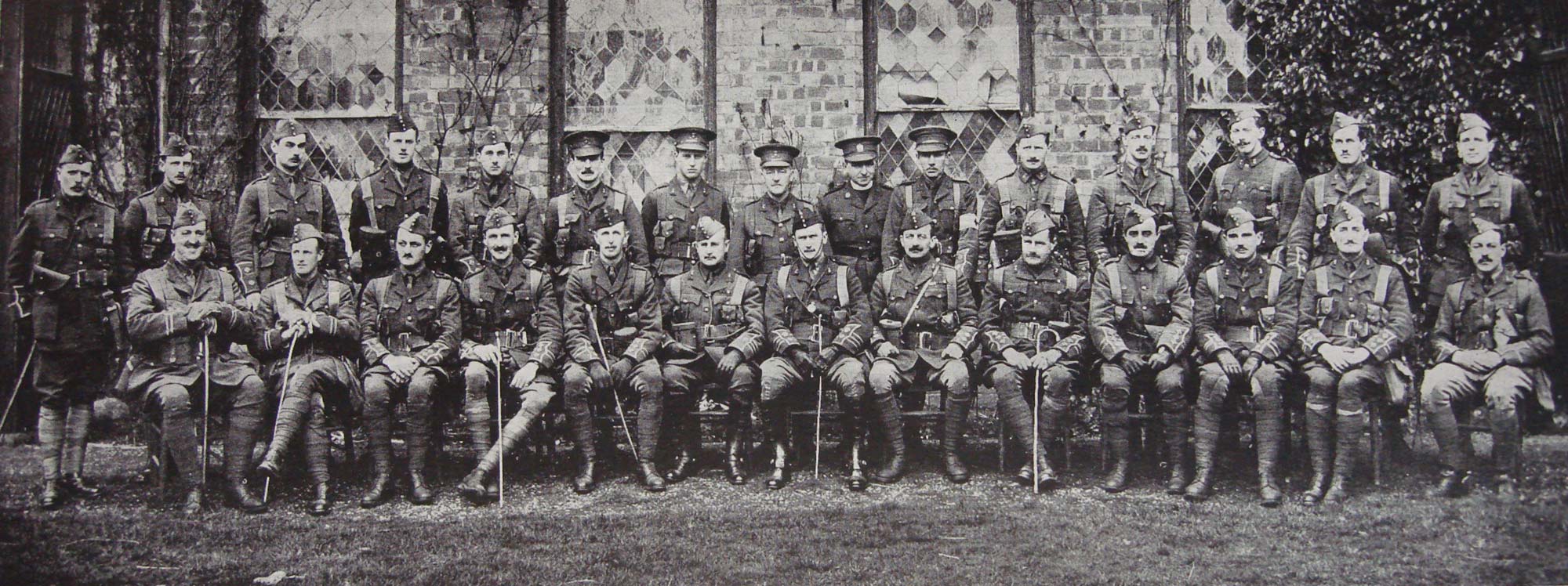First reports of the Dublin Fusiliers’ ordeal in Gallipoli
Dublin, 19 May 1915 - Stories of the brutal battles for Gallipoli have reached Ireland as the first letters home arrived to soldiers’ families. The grim and deathly nature of the experiences of the Royal Dublin Fusiliers is all too clear from reading these first-hand accounts.
The Fusiliers had left their ship in the Dardanelles on Sunday, 25 April at 5am, as a naval bombardment of Turkish positions got underway.
One soldier's account
Irish soldiers were in small boats making their way towards land when they came under fire as the testimony of one private recalled in a letter home: ‘About one and a half miles from shore the enemy’s shells started to burst around our boats, doing a lot of damage. As we got closer bullets started to whiz around us, killing several men in our boats.’
‘I had my right arm scorched in two parts by bullets, but I was one of the lucky ones.’
The men were stuck in their boats attempting to head for the beach: ‘Machine guns galore were playing on us from a trench unseen at the bottom of the cliff, not 100 yards from us.’
Bullets and other ammunition were sprayed all around: ‘Before I knew where I was I was covered with dead men. I was simply saturated all over with blood. When they pulled these poor fellows off me they were all dead, and the poor fellow under me was dead. The boat was awful to look at, full of blood and water.’
‘There must be very few of our battalion left now. We were the first to land, and, with the Munsters, we lost very heavily. Almost all the officers were killed or wounded, I believe. I never wish to see such a bloody sight again. I don’t mind fighting, but to be in an open boat and powerless is another thing.’
[Editor's note: This is an article from Century Ireland, a fortnightly online newspaper, written from the perspective of a journalist 100 years ago, based on news reports of the time.]





















